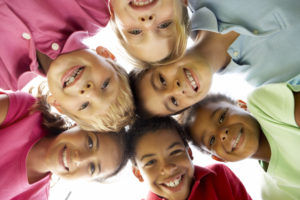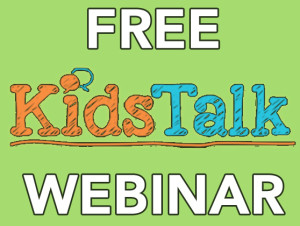
Our new education needs to be exponential education to meet the exponential change on our planet.
We need every person on our Earth to have opportunities to realize their potential through self-directed meaningful activity in specially designed learning environments that passionately engage children and adults.
As our children develop mastery they will, in turn, create and contribute to these learning environments.
When will our children become our #1 priority?
Our children need a culture that embraces the uniqueness of every person and his or her developmental path. We need to give the gift of deep time in order for our children to learn, our teachers to teach, and our parents to create vibrant families. We need to equip our students with learning tools, so they learn how to learn. Our criteria for learning should be based on obtaining levels of competence and mastery.
From the moment a human being is conceived, we need to realize that learning is occurring and that human potential is being realized from birth as children engage in activities in their homes and schools.
The focus of education should be on the whole child–mind, body, heart and spirit.
Success looks like people who:
- meet the challenges of the real world,
- have the ability to enjoy life,
- value themselves,
- are risk takers,
- are self-reliant,
- are free from stress and anxiety,
- have peaceful lives,
- celebrate their present moments,
- experience a lifetime of wellness,
- are creative, and
- fulfill their higher needs and feel a sense of purpose.
Our children need places where learning and the real world co-exist in powerful life-affirming ways.
Nurturing, protecting and strengthening our children with our new education will develop a human being with a profound need to be of service to others, a need that is seen in only a small percentage of people today. The partnership of education and human potential results in a “win-win” situation for all of us who create essential learning environments, as well as provide a “win-win” for those children who entrust their lives to us.
Exponential means to multiply a quantity by itself the number of times designated by the exponent. 102 can be called ten-squared, ten to the power of two, ten times ten, or 100.
10 cubed equals 1000
10 to the fourth power = 10,000
10 to the tenth power = 10,000,000,000
Exponents are expressed as tiny raised numerals, but in actuality exponents reveal a powerful mathematical concept and operation.
Exponents express geometrical progressions that, when graphed, resemble a rocket ship taking off.
We live in exponential times, where seemingly small changes result in blasts of redirection.
We need exponential education, where learning begins and transforms with the smallest members in our society, unleashing human potential.
We have schools today that nourish, protect and strengthen our children as they are involved in personally meaningful self-selected activity that develops intrinsic motivation and other qualities. The best schools use the foundational principles discussed in this series of articles in differing ways to meet the needs of the children they serve. Among these are Montessori, Waldorf, and Reggio Emilia schools.
To quote Einstein, “Concern for man and his fate must always form the chief interest of all technical endeavors. Never forget this in the midst of your diagrams and equations.”
Change is an individual choice and is not otherwise dictated.
Make a choice; take the responsibility to assure our children’s success.
Choose and use the principles of exponential education. E= iMc2
E = iMc2
E stands for exponential education
iM is for the intrinsic Motivation of each individual
c2 represents the child learning and working in his or her community and culture
Be an exponent, a proponent of the new education.
This is the last of a series of articles on creating a fresh approach to education.


One Response to “Taking Responsibility for Our Children’s Success”